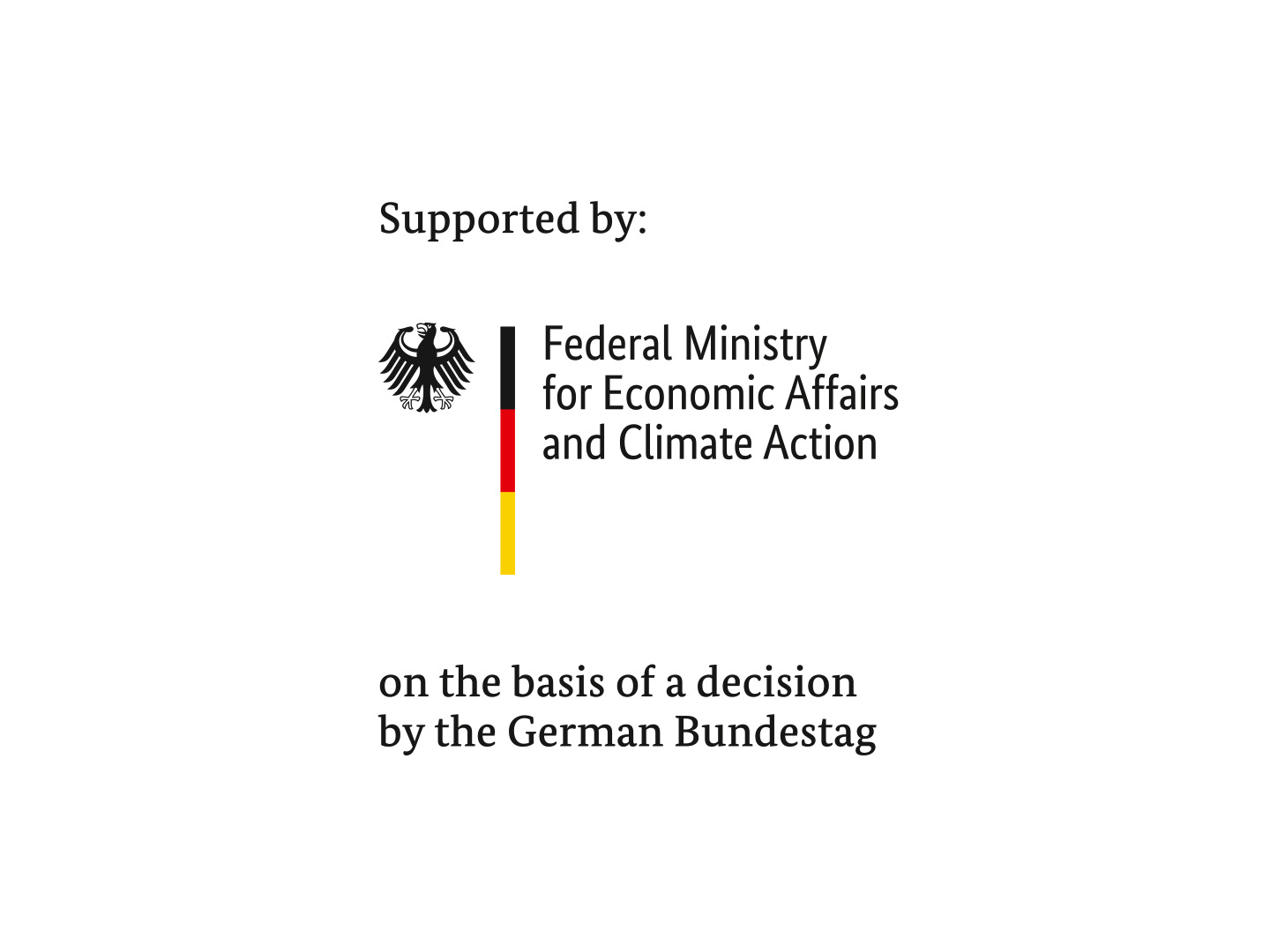Aerogels have so far been produced on a silicate basis from aqueous or alcoholic solutions by gelation and subsequent drying processes. Fraunhofer UMSICHT, together with its industrial partner Proceram, developed a completely new manufacturing process for aerogels that combines various production steps with the help of supercritical CO2 and thus significantly reduces production costs. The result: spherical particles with low particle density and good flowability. The technology used enables a modular design of the production plant and thus easy scalability of the process. The newly developed production process also saves on other educts such as chlorine-containing hydrophobing agents and mineral acids. The process was successfully transferred to pilot plant scale, and up-scaling to industrial scale is now being prepared. A pilot plant with a capacity of 5000 t/year is scheduled to go into operation in 2024 at the project partner Proceram. The process technology innovation will enable various sectors and in particular the construction industry to exploit the outstanding material properties of aerogels for mass products in the future.
Aerogel particles with a wide range of applications
The innovative insulating plaster with the addition of aerogels allows lower application thicknesses and jointless insulating layers, ideal, for example, for renovating old buildings to avoid thermal bridges. Further advantages lie in the material transport through the plaster, especially of moisture to the outside, in the longevity of the plasters, the low algae infestation and the fire resistance.
Furthermore, the researchers at Fraunhofer UMSICHT are optimizing the formulations of the aerogel particles, which allow a desired adjustment of the material properties. In this way, aerogel particles can be made usable as a versatile high-performance insulation material for further applications, for example in lightweight construction.
 Fraunhofer Institute for Environmental, Safety and Energy Technology UMSICHT
Fraunhofer Institute for Environmental, Safety and Energy Technology UMSICHT